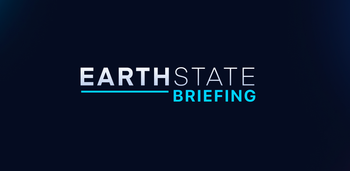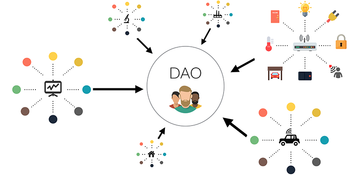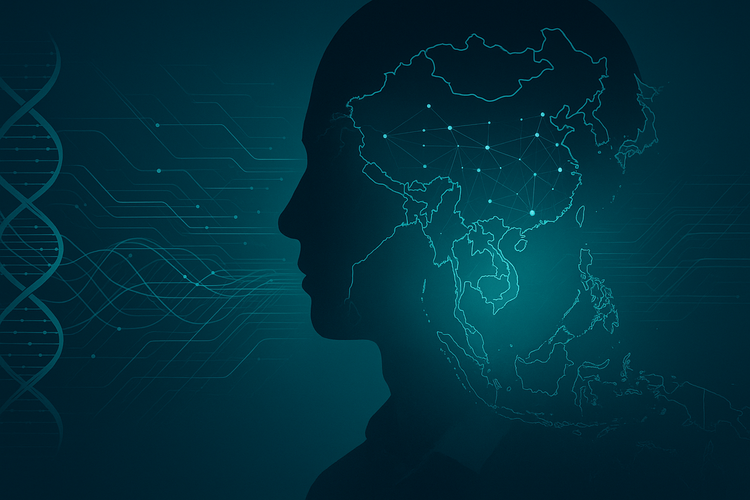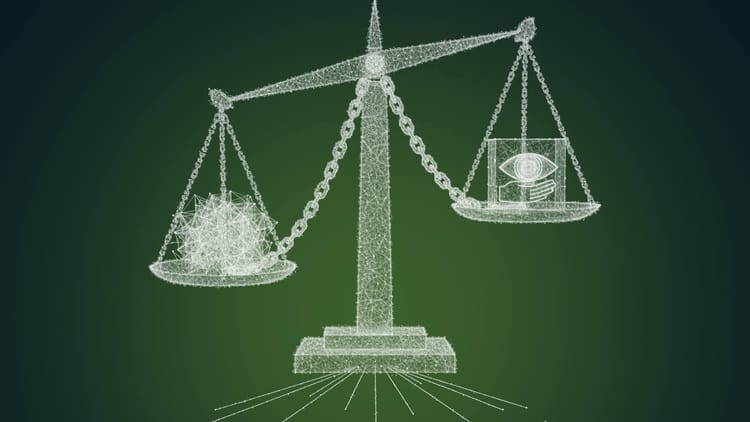ImpactDAOs distinguish themselves from other DAOs, as they primarily aim to benefit communities and regenerate society, economies, and the biosphere. In the Global South, this can be a game-changer for empowering rural and marginalised populations who can now access Web3 with a basic Android smartphone, to become digitally included in these emerging Impact DAO ecosystems and economies.
Technologies for real change
Blockchain technology facilitates decentralisation and transparency of management, governance, and resource distribution. It levers traditionally held by the state and large corporations, whose political and financial priorities do not prioritise vulnerable communities and ecological stability. The theories around the fast-developing infrastructure of blockchain and Web3 are particularly compelling: if technology can be applied to governance, both political and economical, the practicality of concentrating power vertically (i.e. “in the hands of the few”) appears questionable, even obsolete.
It is also in this sense that Impact DAOs would be a compelling approach, more broadly, in countries of Africa, Latin America and South-Southeast Asia. These countries are the furthest from the World’s traditional power hubs and now have a greater chance to establish economies with true management independence, attributing benefits into local life and environment. The transformative impacts that Impact DAOs can generate extend across economic, social, national and ethnic lines is that they have all the trappings based on bottom-up, local scalability to ultimately acquire a global, trans-jurisdictional character.
What sets Impact DAOs apart?
Impact DAOs seek to aggregate intentional causes that involve local communities, with potential global repercussions. For instance, local rural farmers in Latin America, Africa and Asia can gain self-sovereignty by issuing local currencies and managing the entire cycle of organic production, logistics and payments, without relying on often discriminatory, corrupt political and financial systems. Such a huge leap will be possible by now being able to access the Web3 ixo Internet of Impact using a basic mobile phone through the integration with the Opera mobile browser crypto wallet, which provides access to Opera's millions of users in Africa and Asia.
How do we get people to integrate this new economy at a massive scale? This is arguably an uphill battle, requiring a great effort in education and communication. We must acquiesce that Impact DAOs is still in a nascent stage, with everything to prove (the most known at this point might be KlimaDAO); none that we know of were founded in the Global South. But some founding blocks are there. Web 3.0 platforms exist and does not require any particular tech know-how to join them (as the ixo Earth Day Opera wallet campaign proved). Furthermore, promising paths lie in the leading projects that are creating Impact DAO market ecosystems on the ixo Internet of Impact across the Global South, including: Learning Mined in India, Green YoMa in Africa, The Impact Data Consortium Chain (IDCC) in Hong Kong, and Ekonavi in Brazil.
Whilst there are still few examples of Impact DAOs in the Global South, groups organised around self-sufficiency, mutual support and sustainability are not new. The Clean Cooking Alliance and Banyan Alliance are two examples of groups creating an economy bypassing traditional channels and using horizontally-organised structures (the former focused on ensuring clean cooking conditions for all; the latter on cacao production in the Ecuadorian Amazon, favouring family producers and indigenous communities).
Now these purpose-driven initiatives can plug into the blockchain, to enable all their stakeholders to become empowered participants in Impact DAOs, with governance rights and shared ownership!





